Executive Summary: This article explains how copyright law works when multiple people create content together. Without a written agreement, joint works are automatically co-owned, allowing each creator to use or sell the work without the other’s permission. The piece outlines the difference between licensing (permission to use) and assignment (full transfer of ownership), highlights common problem areas like photography and course creation, and stresses the importance of written contracts to protect intellectual property. It encourages business owners to secure clear agreements before any collaborative work begins.
You’ve spent years building your coaching or consulting business, refining your signature framework, and creating courses that your clients rave about. As your business grows, you hire photographers, designers, or course developers to help bring your ideas to life. But here’s the part most entrepreneurs overlook: if you’re creating content or intellectual property with someone else, even if it’s based on your ideas, you may not actually own it outright.
Copyright law gives ownership to the creator of a work the moment it’s made. That means if you and someone else collaborate on a project, both of you automatically become equal owners unless you have a written agreement saying otherwise. Equal ownership also means each person has the right to use, sell, or license the work without the other’s permission. In other words, your contractor could legally use your course materials, photos, or program content for their own purposes unless you’ve put specific terms in writing.
The Basics of Copyright and Joint Works
Copyright covers “original works of authorship,” which can include written content, photographs, videos, designs, course materials, and even your signature frameworks when they’re expressed in a tangible form.
When two or more people contribute to creating a work, whether it’s a new course module, a workbook, or a promotional video, it’s considered a “joint work” unless you’ve specified otherwise. In a joint work, every contributor has the same legal rights, regardless of who came up with the idea or who paid for the project.
That’s where many business owners run into trouble. You might think, “I hired them, so it’s mine,” but without a contract assigning ownership to you, the law doesn’t see it that way.
Licensing vs. Assignment: Two Very Different Arrangements
A common point of confusion is the difference between licensing and assignment.
- Licensing is like renting. You still own the work, but you give someone else permission to use it under specific conditions.
- Assignment is like selling. You transfer ownership completely, and the other party can use it as they see fit.
Under copyright law, assignments must be in writing to be enforceable. If you’re hiring someone to create content for your business, you’ll typically want an assignment clause in your contract to ensure you become the sole owner once it’s complete. Without it, they may still own the rights, even if you paid for the work.
A Common Example: Photography
Photography is one of the clearest examples of how ownership issues can arise. Unless there’s a written agreement stating otherwise, the photographer, not the person in the photo, owns the copyright to the images. That means they decide how the images can be used, and they could potentially resell or repurpose them without your approval.
If you want complete control over your brand photos, your agreement should either:
- Assign the copyright to you in writing, or
- Grant you an unlimited, perpetual license to use the photos in specific ways.
Without one of these provisions, your use of the images could be more limited than you expect.
Course Creation and Collaborative Work
For many coaches and consultants, course creation is where joint ownership issues become most costly. Maybe you have the framework and the content outline, but you hire a contractor to design the slides, write supplementary materials, or produce audio/video lessons. If they’re contributing creative work, they automatically gain ownership rights unless you’ve addressed it in writing.
That means they could legally repurpose your materials for another client or even sell them outright. While that may not be their intention, relying on goodwill instead of clear agreements leaves your business vulnerable.
Why Written Contracts Matter
The simplest way to avoid joint ownership disputes is to get agreements in writing before any work begins. A strong contract should:
- State who will own the copyright to the finished work
- Outline whether rights are being assigned or licensed
- Include clear payment terms
- Describe precisely what is being created and delivered
- Specify deadlines and approval processes
Even if you’re working with someone you trust, written contracts protect both sides by setting expectations up front. They also give you the legal standing to enforce your rights if disputes arise later.
Your Intellectual Property Is an Asset. Treat It That Way
Every piece of content you create contributes to the value of your business. Without the right agreements in place, you risk losing control over those assets, no matter how much time or money you’ve invested. If you’re creating with others, whether they’re contractors, collaborators, or agencies, ownership needs to be decided before the work starts.
If you want to ensure your content, frameworks, and course materials stay firmly under your control, Fidara Legal can help. We draft and review agreements that protect your intellectual property, define ownership clearly, and give you the confidence that the work you’ve built stays yours.






